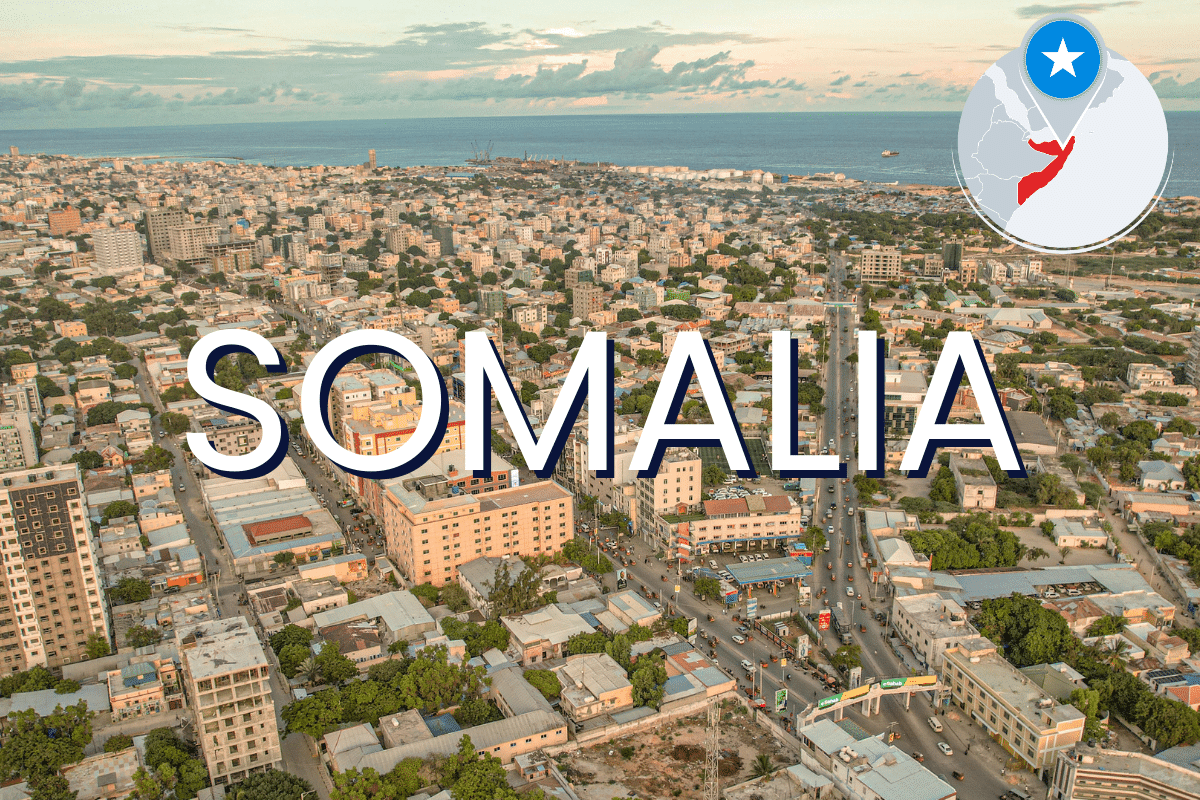
“Catalysts for Change: Voices from TAP-EDM Partnerships” Series
Explore how short-term technical assistance through the TAP-EDM initiative has empowered Somalia’s Ministry of Women and Human Rights Development to strengthen institutional capacities and advance inclusive governance. In this new series, project partners reflect on how targeted expertise supported their efforts. The TAP Program is funded by the Government of Canada through Global Affairs Canada and implemented by Alinea International.
Background
Somalia’s first National Risk Assessment1, published in 2022, identified the country’s banking and financial system as “high risk” to money laundering and terrorist financing. This makes it harder for Somalia to rebuild trust and do business with international banks and financial institutions. Over the last decades, the Federal Government of Somalia and the Central Bank of Somalia (CBS) have been making efforts to reintegrate the country into the world financial system. CBS’s endeavour to create a stable financial sector is essential to rebuilding the Somali economy. Despite progress, Somalia continues to face significant risks to its financial stability and overall economic growth.
To tackle these issues, the CBS requested support to strengthen their capacity to monitor if banks and mobile money services are following anti-money laundering and counter-terrorism financing (AML/CFT) rules. In 2023, the TAP-EDM project teamed up with Mahad Shide, Director of the CBS Licensing and Supervision Department, and Canadian expert Mohammed Adam. Together, they worked to build a stronger, more stable banking and financial system. Mahad later shared his story and the positive changes that came from this partnership with Canada.
Mahad Shide’s Story
Mahad shared his appreciation for the TAP-EDM project, and the support provided by Canadian expert Mohammed Adam.
“This initiative helped us build the right tools for both onsite and off-site inspections, especially for mobile money operators (MMOs),” Mahad said. “It also helped us create reporting and risk assessment templates to better identify risks linked to MMOs.”
The Canadian expert supported CBS staff by offering guidance to improve how they oversee AML/CFT compliance. They also helped create practical tools—manuals, guidelines, and templates—that CBS staff continue to use. These resources are highly valued by the director and have been fully adopted by the team, who continue to refine them to fit their ongoing work.
According to Mahad, one of the most important outcomes of the partnership came after the initiative ended, when the CBS created new guidelines for mobile money transactions. Although the guidelines were developed later, they were directly based on recommendations from the Canadian expert. Following these suggestions, the CBS consulted with the MMO industry and, in 2024, introduced clear transaction limits for mobile money accounts based on risk level. These levels are determined by verifying a person’s identity using documents like a passport or national ID. Verified users are seen as lower risk and have higher transaction limits. Unverified users are considered higher risk and have lower limits.
While some MMOs had their own limits before, these new guidelines make the rules consistent across the country. Mahad noted that all MMOs in Somalia are now implementing the new limits. This move helps reduce the risk of money laundering and terrorist financing linked to mobile money. Mahad stated that it is one of the most useful things that has happened since the initiative ended. According to Mahad, the new guidelines have also helped reinforce the CBS’s role in Somalia.
“It has shown that the financial sector is willing to collaborate with the central bank,” he said.
He explained that as the country’s financial authority, the CBS is responsible for protecting the integrity of the financial system by reducing risks. These efforts and the adoption of the new guidelines show that the CBS is making meaningful progress toward its mandate.
Conclusion
Though this initiative has concluded, its legacy lives on. Mahad believes these changes are strengthening the integrity of Somalia’s financial system. Over time, he says, they will help boost the country’s economy, reduce corruption, fight terrorism, and improve the lives of Somali people.
